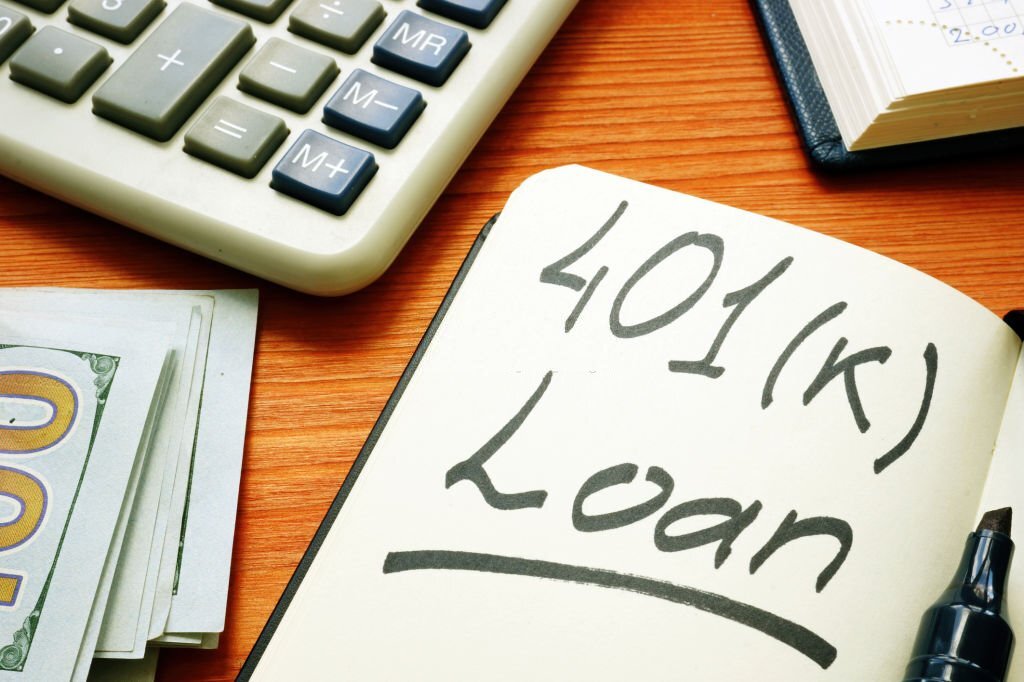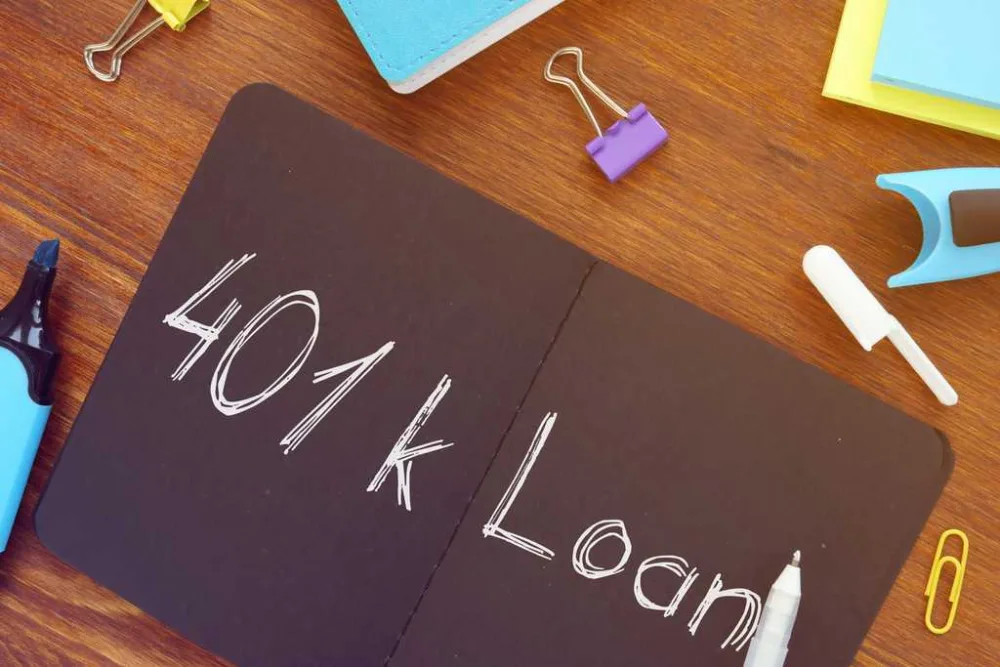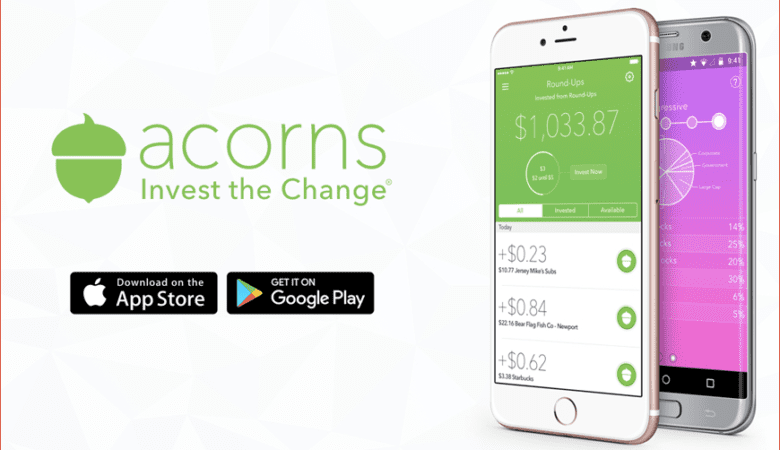
Should I Borrow from My 401k?
Intro
Everybody has times when money is tight, and during those times we need to find the simplest way to obtain money. Many people may find a 401(k) retirement account to be attractive. But is it wise to withdraw funds from your 401(k)? This blog will go over 401k loans in detail, outlining the benefits and drawbacks and offering guidance on how to make this crucial decision.
Understanding What a 401k Loan Is
Let’s look at each part of a 401(k) loan in more depth. Think of it as a loan from your 401(k) account that you are taking out for yourself. How much is the most you can borrow? Either $50,000 or half of your vested account balance, whichever is less, is what you commonly pay. You may now be interested in how to pay back the loan. Here’s how it works: your paycheck will be taken out automatically over a set amount of time to pay back the loan balance plus interest. One unique thing about a 401k loan is that the interest you pay goes back to your own account instead of going to a bank account. You could think of it as a way to repay the debt you owe your future self! They don’t offer that kind of loan very often.
Pros of Borrowing from Your 401k
Although withdrawing funds from your 401(k) may seem unsettling, there are a few valid reasons to do so. Not having to go through a credit check is a major perk. If your credit score is comparable to a poor game of golf, this loan option might be a hole in one for you.
One more benefit? interest rates. They are typically less expensive than what you would pay for an ordinary personal loan. This may ultimately result in smaller monthly payments and less financial strain.
Perhaps the most intriguing benefit is the way interest is paid. Do you still recall that you should always put yourself first? With a 401k loan, things are different! With a 401(k) loan, the interest you pay goes directly back into your account rather than being given to the lender as it would with a conventional loan. Yes, you read correctly! In essence, you’re constantly taking out loans, but this time you have to pay them back with interest.
Overall, there are a few advantages to borrowing from your 401(k) that might make it a wise decision in certain circumstances. As with any financial decision, it’s crucial to consider the advantages and disadvantages of each option. But that’s a topic for the next section, so stay tuned!
The Downside of Borrowing from Your 401k
There are some bad things about borrowing from your 401(k), even though the interest rates are low and it’s easy to do. To begin, let’s talk about possible growth. The borrowed money will no longer be available to you. Making investments in the market won’t make them money, which could hurt your nest egg a lot.
The next thing is the coming tax hammer. If you can’t pay back the loan in full, that will be seen as an early withdrawal. We need to remember that this isn’t just any withdrawal. With a 10% early withdrawal penalty and a big income tax bill, it’s not a cheap way to get to your money.
As well as job security? It’s something that most of us tend to ignore. Your job situation could change, which could put you in a tough spot. Sometimes, the loan balance is due in 60 to 90 days, even if you decide not to pay it back. That amount is considered an early withdrawal, and if you can’t pay it back, you will have to pay taxes and penalties on it.
To sum up, taking out a loan against your 401(k) may seem like an easy way to solve your problem, but you should know that this could hurt your finances. Do not let the shiny pros take your attention away from the sharp pros!
Impact on Your Retirement Plan
Take a step back and look at the bigger picture. How will taking a loan from your 401(k) affect your retirement years? What is the clear answer? A lot of importance. You have to use money that has already been taxed to pay back a 401(k) loan. That means Uncle Sam will be ready with another dollar ready to hand out when you take this money out of your retirement account. Yes, the money is taxed twice, which means you have less money for things you want to do after work.
Also, remember that even though you’re paying back your loan on time, the money isn’t just sitting there drawing interest. This could mean that your retirement savings account will be smaller. Also, if you cut back on your 401(k) contributions to pay off your loans, it’s like walking slowly while everyone else keeps going. You might get behind schedule on saving for retirement if you do this.
Also, don’t ignore the effects on your mental health. For some people, knowing they have a healthy retirement fund could be a source of psychological comfort. It could make you worry about your ability to pay your bills in the future.
For lack of a better word, a 401(k) loan could mess up your carefully thought out retirement plan. It’s important to think carefully about this effect before taking out a 401(k) loan. In the end, those evening years should have been spent sipping margaritas by the water and relaxing from money worries!
How 401k Loans Compare with Other Loans
There may be big differences between a personal loan and a 401(k). In fact, the interest rates on 401(k) loans are usually better, and getting approved is more like walking on a powder cake than a steep mountain. Some scary facts are hidden behind all the bells and whistles, which is the twist.
A 401(k) loan may be much more expensive than it seems at first because of possible double taxation and penalties. Because your retirement savings are at risk, you may have to walk a tightrope on the edge of a financial canyon to make the choice. It’s also important to know that, unlike other loans, a 401(k) loan is a debt that never goes away, even if you file for bankruptcy.
This means that a 401(k) loan might seem better at first, but after thinking about all of its effects, it might end up costing more in the long run. It is very important to think about these things when comparing a 401k loan to other loan options.
Always keep in mind that everyone makes their own financial choices. What works for your neighbor or friend might not work for you. Before you sign on the dotted line, make sure you do your homework, weigh the pros and cons of the different loan options, and most importantly, know how they might affect your finances.
Should I Borrow from My 401k?
Taking out a big loan from your 401(k) could have a big impact on your ability to pay your bills in the future. It might be better to look into other options before using your 401(k) to pay off debt or pay for things that aren’t necessary. Why? When you take out a 401(k) loan, there are big risks, as you can see from the previous sections. You should carefully think about the serious risks, such as being taxed twice, being fined for not paying back the loan, and having less money saved for retirement.
However, what if you have an urgent need for money and do not have many low-cost funding options? Maybe it would be a good idea to borrow money from your 401(k) in this case. Furthermore, you must be sure that you can pay back the loan within the agreed upon time frame. After all, you don’t want to walk into the tax and early withdrawal penalty minefield by accident.
Remember that the choice to take out a 401(k) loan depends on your long-term goals and financial situation. Because of this, it’s important to think about this choice in every way and understand how it will affect you in the short and long term. Along with taking care of your immediate needs, it’s important to protect your future financial well-being.
Seeking Professional Financial Advice
Understanding how to use 401(k) loans correctly can be challenging. A little help can go a long way when making such an important choice. Navigate to the position of financial advisor. These serve as your financial journey’s compass. They assist you in navigating the convoluted labyrinth and arriving at a decision that best suits your objectives and circumstances. Understanding the workings of a 401(k) loan can be challenging. Everything from the apparent advantages to the less evident risks can be better understood with the assistance of a financial advisor. They will take an unbiased look at your finances to help you determine whether taking out a 401(k) loan would be a lifesaver or a financial burden. You can determine how it might impact your retirement savings, your taxes, and any potential penalties for nonpayment with the assistance of expert advice. Additionally, you will discover alternative loan options that may be more suitable for your requirements. You can make wise decisions by having a clear understanding of your entire financial situation from a financial advisor. Therefore, you may want to consult a financial advisor before signing the paperwork for a 401(k) loan. Ultimately, financial decisions you make should not only benefit you now but also ensure a secure and comfortable future!






Leave a Reply